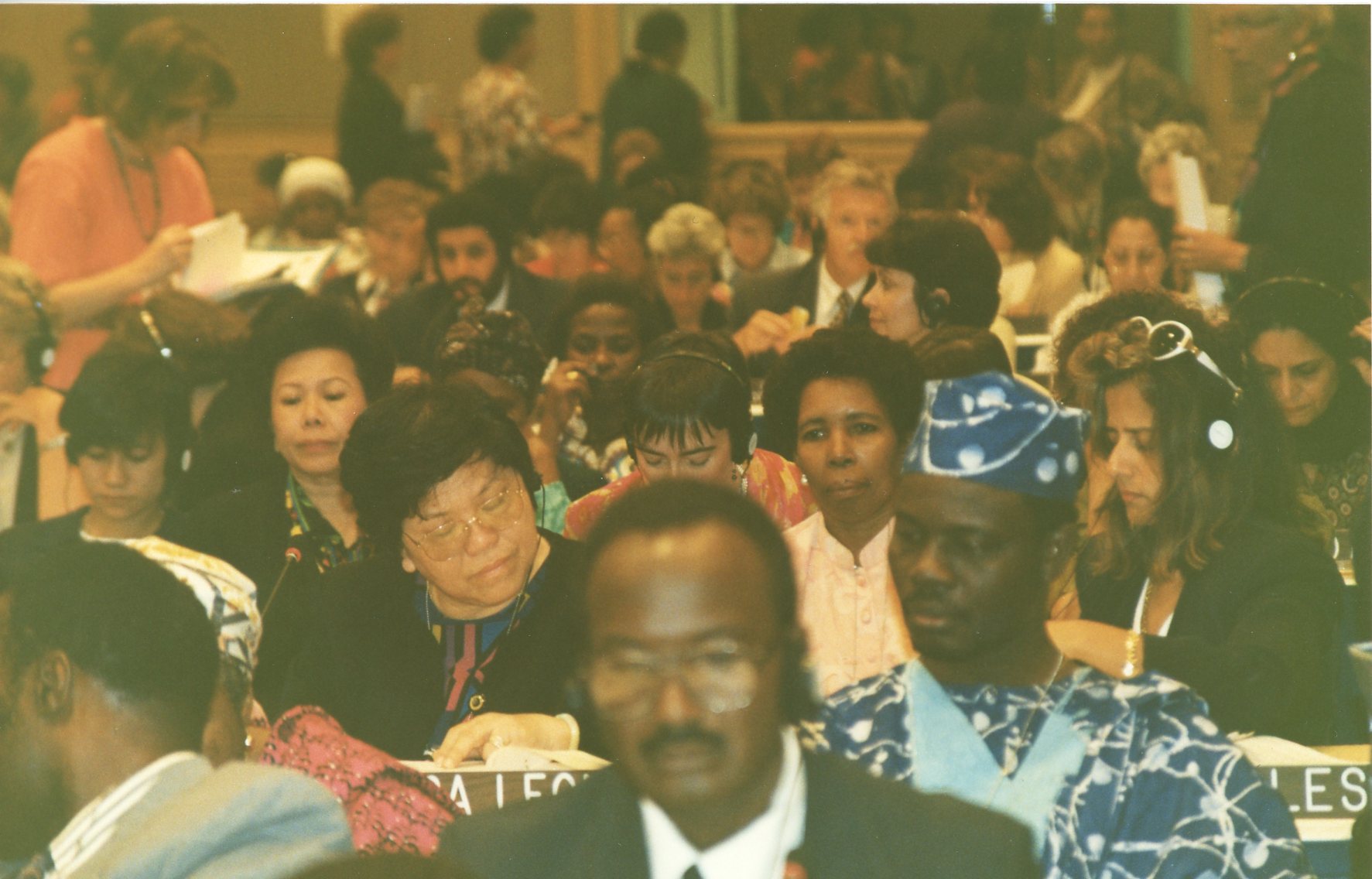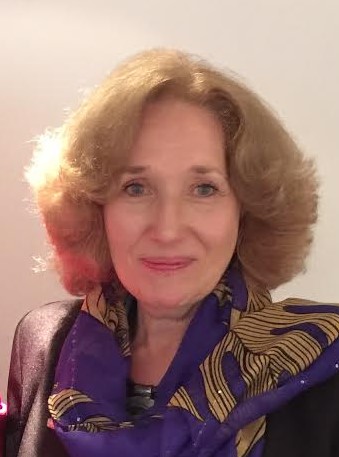For some women, progress has reversed entirely. Nowhere is this clearer than in Afghanistan, where women have had their rights to education, work, healthcare, mobility and so much more, removed overnight by the Taliban. Despite international agreements like CEDAW and the Beijing Platform for Action, women’s rights remain vulnerable to political and religious oppression. Conflict zones remain especially dangerous for women, with gender-based violence continuing to be used as a weapon of war.
Advances in technology, including in artificial intelligence, has been both a blessing and a curse. The internet has connected women across the world, enabling them to organise virtually, access information, education and training. But it has also opened new avenues for gender-based violence, harassment, and harmful gender stereotyping. In the UK alone, over 11 million women have experienced online abuse, with adolescent girls particularly at risk.
The forgotten voices of older women in gender equality
One of the most glaring gaps in the fight for gender equality is the lack of attention given to older women. The Beijing Platform for Action acknowledged older women’s rights, but progress has been slow. Gender pay gaps, pension inequalities, and poor health in older age continue to disadvantage women worldwide. In all societies, women still bear the brunt of unpaid care work and are disproportionately affected by poverty and violence in later life.
The HelpAge International global network, including Age International in the UK, is often a lone voice advocating for older women, and ensuring their voices are heard, particularly in humanitarian crises. The HelpAge global network plays a critical role in highlighting the contribution, often invisible and unrecorded, of older women to their families, communities and economies. Yet too often, they remain invisible in gender equality discussions. I have been proud to support HelpAge’s work in promoting the rights and priorities of older women in low-and-middle-income countries, but much more needs to be done.
Looking ahead to the next 30 years
Beijing was a landmark moment, but it did not solve all our problems. Many commitments remain unfulfilled, and there has been no Fifth UN World Conference for Women to update the agenda for today’s world. I spent years advocating for a follow-up conference, but fears that reopening discussions might weaken existing commitments have prevented it from happening. The fight for gender equality is far from over, and we cannot afford to stand still.
I am neither more nor less hopeful than I was in 1995. My belief remains unchanged: gender equality is not optional – it is essential for a stable, peaceful, and prosperous world. Women’s rights are human rights, and we cannot afford to waste the talents of half the population. Yet, I am deeply concerned by the growing backlash against women’s rights from both conservative and liberal fronts. The fight for bodily autonomy remains unfinished, with access to contraception and safe abortion still under threat. At the same time, the erosion of sex-based rights and data makes it harder to track progress for women and girls.
One bright spot is the emergence of young female leaders. Social media has given young women like Greta Thunberg and Malala Yousafzai a platform to mobilise movements in ways we never imagined in 1995. The Beijing Platform for Action focused on protecting girls, but it did not foresee them leading global change. This is a powerful and positive shift.
However, I worry that the intergenerational connection between women’s rights activists has weakened. Older activists have invaluable knowledge and experience, yet their contributions are often overlooked. When people think of feminism in the UK, they often jump from the Suffragettes straight to today’s young activists, forgetting the second-wave feminists who fought for key legal changes, such as ending the rule that required female diplomats to resign upon marriage. Without intergenerational collaboration, we risk losing our history and repeating past mistakes.
A life-long commitment to women’s rights
The 1995 Beijing Conference was a personal landmark for me, reinforcing my belief that gender parity in politics and leadership is key to sustainable change. In the 30 years since, I have worked on gender mainstreaming in major development organizations and NGOs, leading programmes – particularly in the Middle East – on women’s political participation. Before Beijing, I worked in Pakistan, and a year later, I returned as a Senior Gender Adviser with the government and UN, focusing on health, violence against women, and political empowerment. When I headed UNFPA in Pakistan in 2014, I saw firsthand the impact of the female parliamentarians I had helped to support.
My work has spanned countries and sectors, including as Head of Gender Equality for the UK government, where I tackled equality legislation, the gender pay gap, and political participation. Throughout, I have fought to dismantle structural discrimination, using women’s rights as the entry point while addressing intersecting inequalities – race, age, caste – that multiply disadvantage. The goal is to fix systemic bias, not to fix women to fit into discriminatory systems. I will continue campaigning for the rights of women and girls until the job is done, though I fear that will not be in my lifetime.


